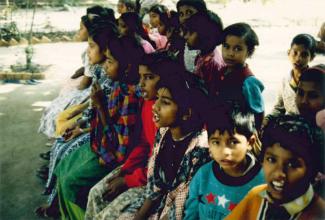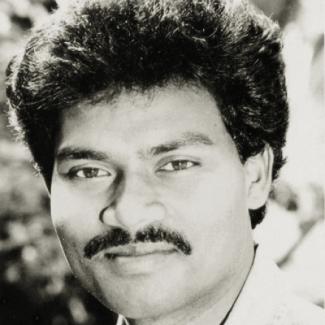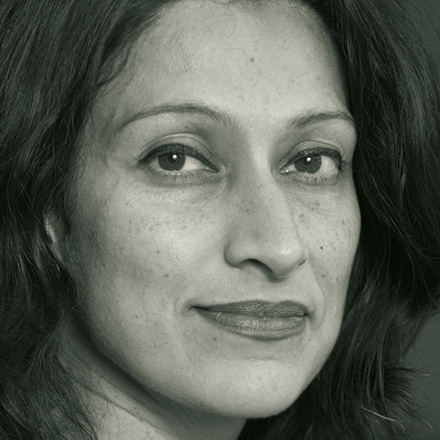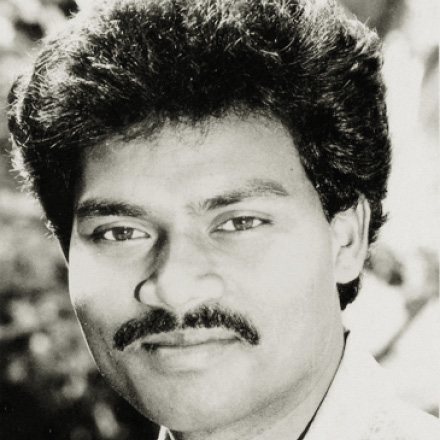Education
Setting the right example

The Sita School in Silvapura village is near Bangalore. It was founded and is run by Jane Sahi. The school teaches children to get competent in language, practical mathematic, clay work, tailoring, printing, first aid, home remedies, kitchen gardening, theatre and art. It inculcates positive human values and emphasises personal experience over textbook learning. It nurtures a spirit of excellence in the broad sense. The pupils come from the villages nearby, and most are first-generation learners whose parents are illiterate.
There is also a school for the children of the Wynard tribals in Kerala, founded by K J Babby and Shirly George. The school has its own fields and rubber-tree estate where children learn to tap latex. They visit the forest regularly with their teachers and learn by doing. They are also involved in vegetable and rice farming.
The Vidyodaya School is situated in the Nilgiri hills in Tamil Nadu. The pupils are mainly tribals and children with learning disabilities. It is a government-recognised school with a curriculum of its own. Beside regular education, emphasis is given to handicrafts. Typically, a teacher supervises small working groups.
Khelaghar is an non-governmental orphanage near Kolkata. The word literally means “play house”. It provides free shelter, food and education to children in need and distress. Classes are held in the open, under majestic trees, without the confines of walls.















